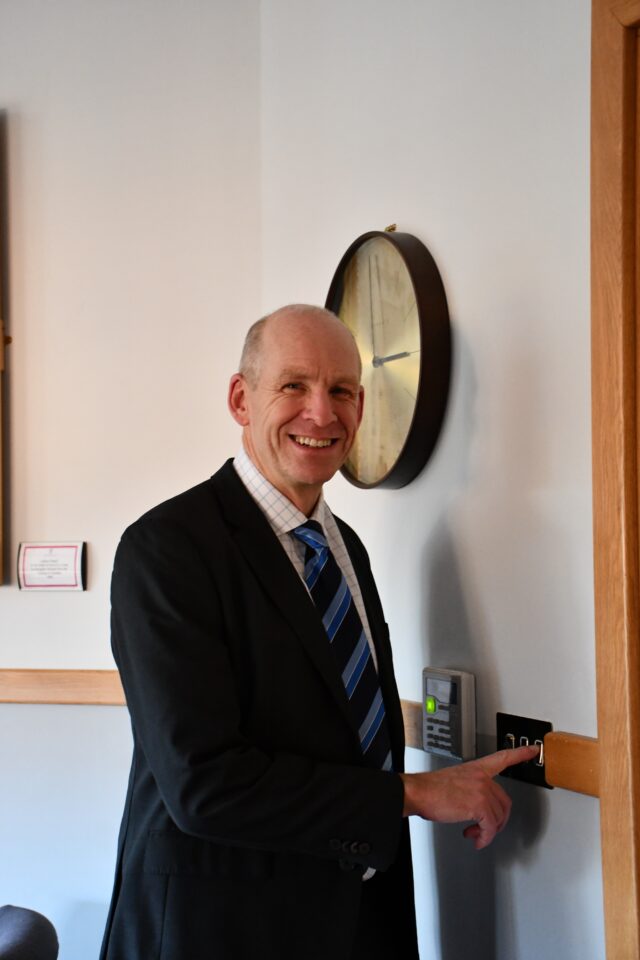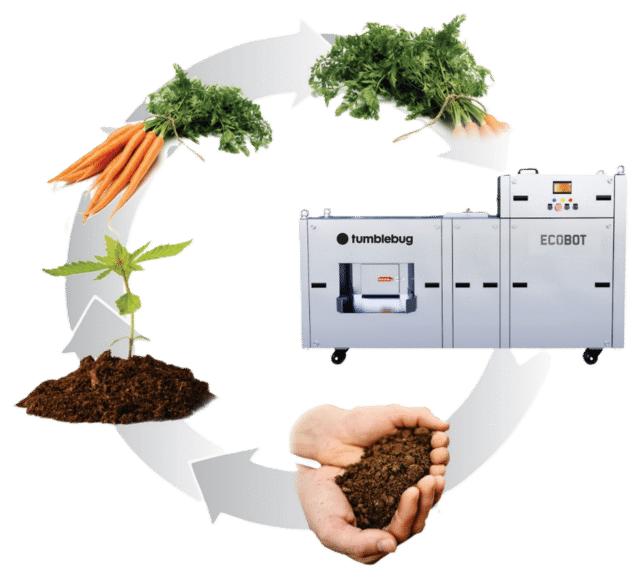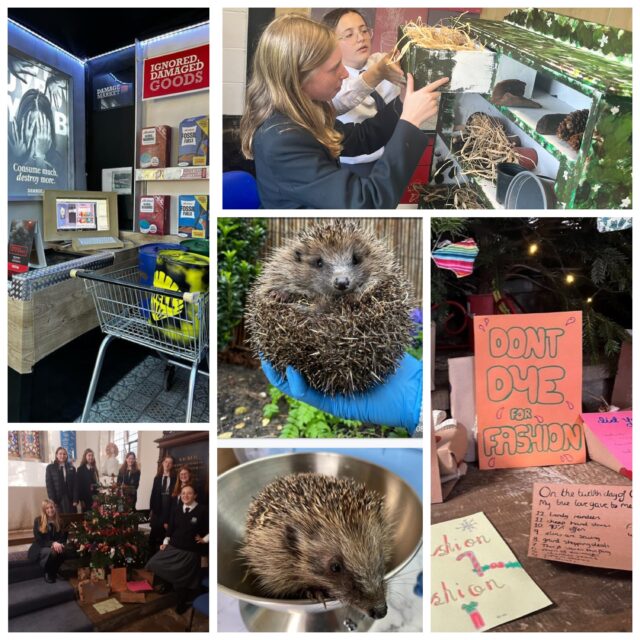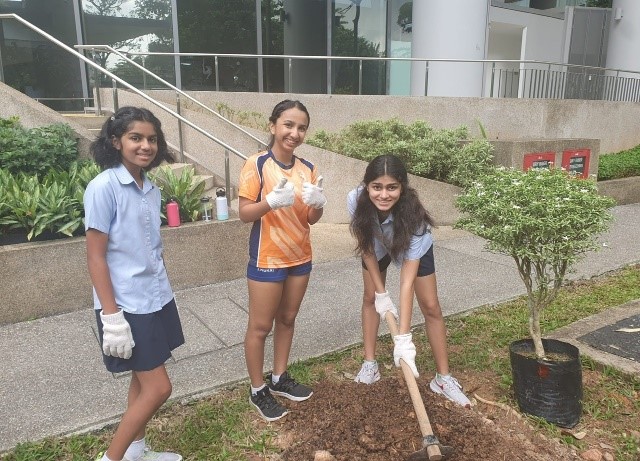Case Study
Sustainability at Abingdon School
As COP28, the United Nations (UN) annual climate change conference, approached, staff and students at Abingdon have been further focusing on environmental issues and the part our schools can collectively play to help reduce climate change.
Sustainability is central to everything we do at Abingdon and we use the adaptable one planet living framework in our approach. This resulted in a reduction of 100 tonnes in carbon emissions between January and April alone!
At the beginning of this academic year, we launched an inter-house Green competition, whereby students in each House are awarded points for their sustainability actions. The hope is that this will encourage all our students to develop good habits so that being sustainable becomes a natural part of their everyday lives. The competition will be complemented by other sustainability initiatives, many of which are already underway.
Most recently, students and staff have been participating in Switch Off Fortnight, which ran from 13 to 24 November. Whilst Abingdon has invested in the installation of sensors in many of our buildings which will automatically turn lights off if a room is unoccupied; there was an additional onus on further encouraging staff and students to turn lights out when leaving rooms or if they saw an empty room with the lights left on.

We know that food production requires significant resources including land, energy and water. According to statistics from the charity, Wrap, 25% – 30% of total food produced across the globe is lost or wasted, which is why one of our main focuses at Abingdon is how to measure food waste and then implement ways of reducing it. Together with our catering partner, Sodexo, we have been working on food waste reduction through our clean plate challenge which centres around the principle of taking the food you want, eating what you take, and thus reducing waste to save the planet. Sourcing seasonal produce from ethical, local producers and sustainable sources can also be a great way to help tackle climate change; and our catering team take great care when planning our menus and choosing their suppliers.
Then, there are the more subliminal, but no less important, tasks such as our 4m long bug hotel to boost biodiversity; recycling pill packets and batteries; and litter picking as part of the Million Mile Clean. All these initiatives are suggested, and undertaken, by our students.
Our management team takes their responsibility equally as seriously, constantly reviewing how much energy we are using and looking for alternative ways to power and heat our buildings. This includes the use of solar panels on our sports centre and boarding houses and air source heat pumps to heat our dining pavilion.

We also realise the importance of collaboration within our community. Our valuable work with the OX14 Learning Partnership has historically led to an Eco forum with a manifesto formulated on how we can work together to combat climate change. We are currently encouraging students and staff to participate in completing the Climate Justice survey run by The Green Forum, which is a collaboration of individuals and organisations in Abingdon with a current focus on Climate Justice.
Looking ahead, we are excited to meet our new Tumblebug Ecobot in the Spring term of 2024. An investment that we hope will help us manage our food waste on-site. The Ecobot EB100 shreds and dries up to 100kg of food waste overnight, reducing the output by up to 90% and turning it into material that can be used to propagate plants around the school site to both boost biodiversity and lessen the waste sent to landfill. The Ecobot will therefore help us to:
- reduce the environmental impact of food waste collection and treatment;
- reduce the odours, pathogens, pests and handling inconveniences of food waste;
- reduce the cost of food waste collection; and
- be fully compliant with forthcoming revisions to the Environment Act.

Sustainability is central to so much of what we do at Abingdon. We know that we have a responsibility to educate our young people and to lead by example. Much of our focus in recent times has been to reduce the amount of food waste we produce and, whilst we will continue to concentrate on this, being able to put the waste produced to good, practical use is not only of benefit to our school from a management perspective but also from an environmental perspective too.


